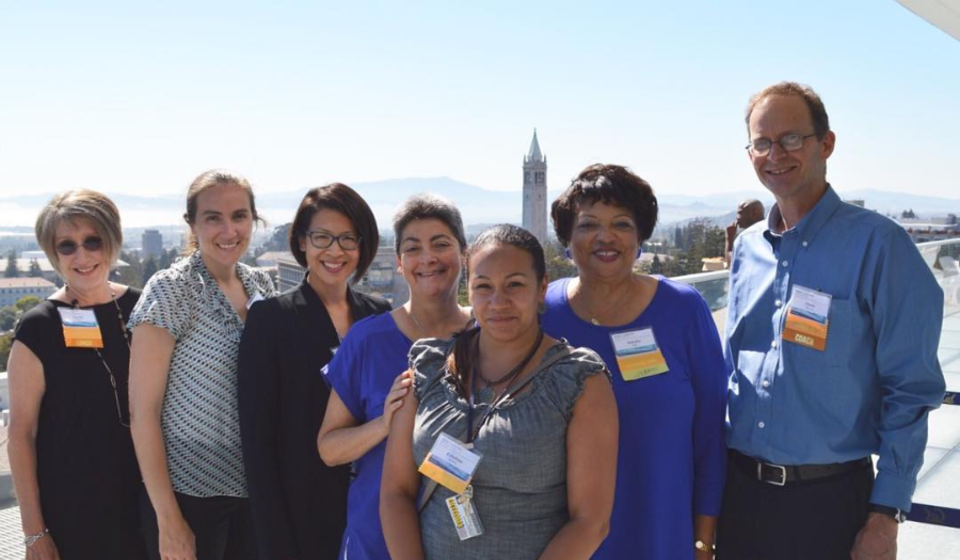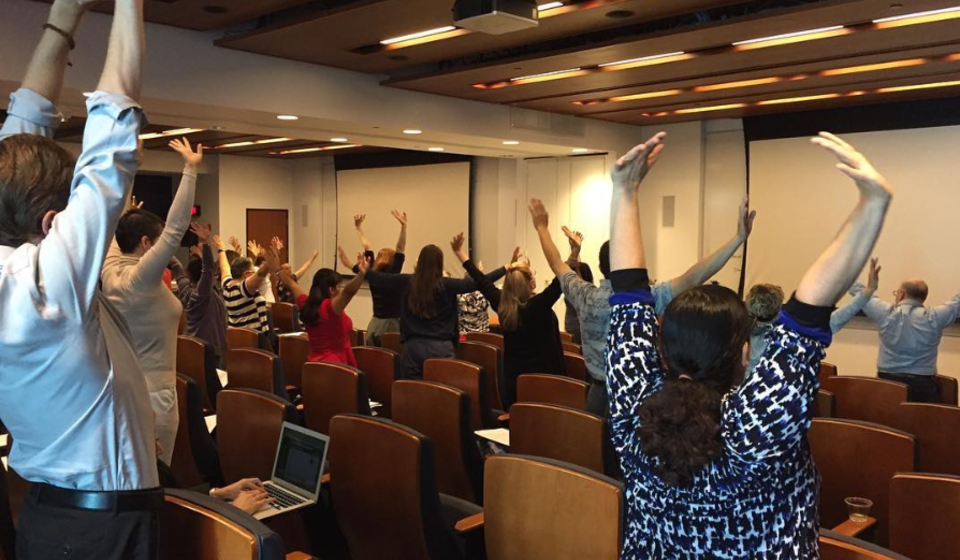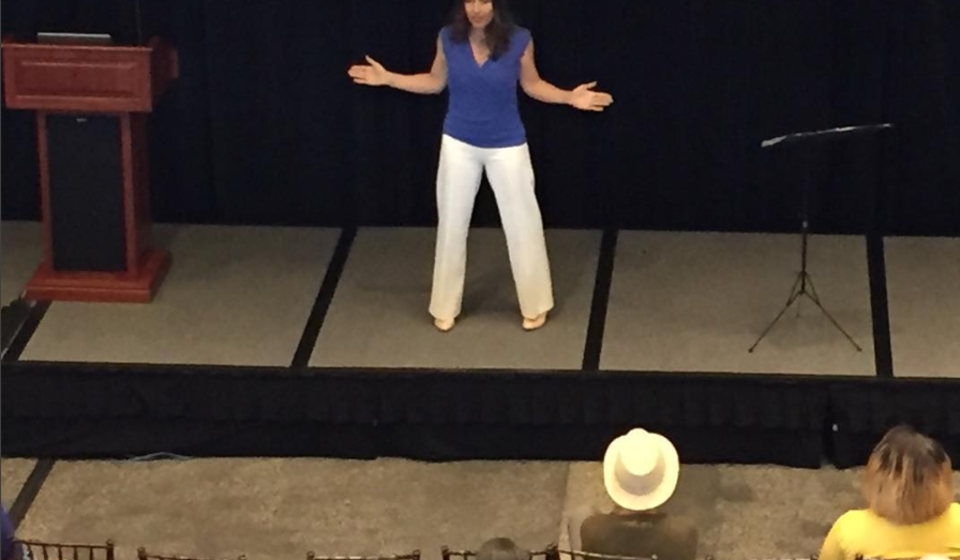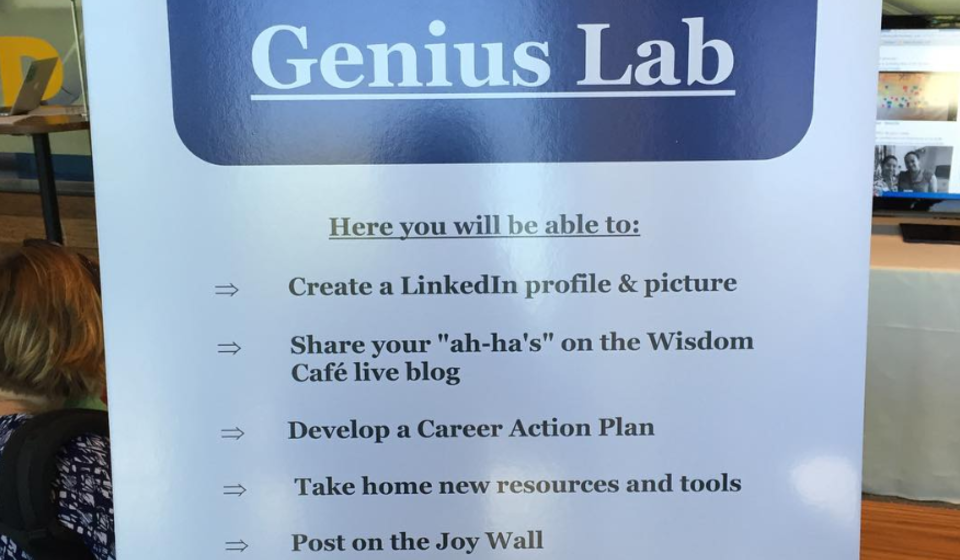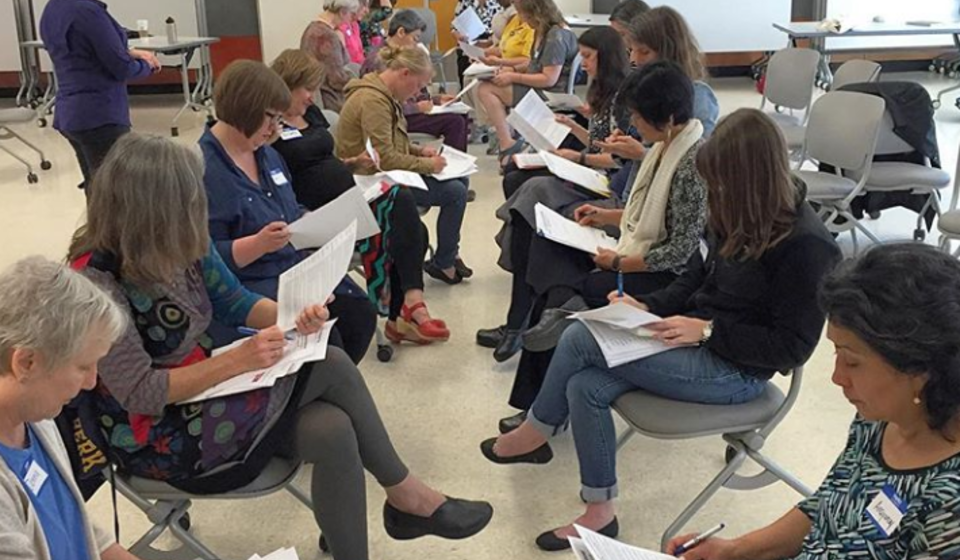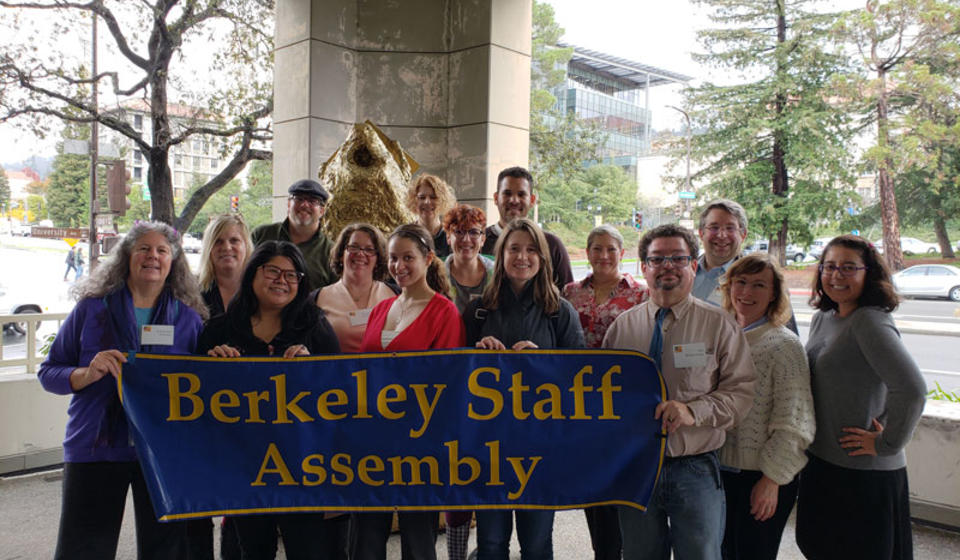What roles have you had throughout your time at Berkeley?
My first job was as a Career Counselor at Berkeley’s Career Center from 2000-2002. At that point I provided counseling to undergraduates and also developed online and library resources. I left Berkeley (and California) but stayed in student services in higher education – mostly increasing in responsibility within career services departments. In January 2017, I returned to the Career Center as a supervisor to 6 counselors and member of the management team. I learned a lot and was challenged in the role; then in spring 2018 an opportunity arose that really excited me: to work at QB3-Berkeley, creating a new office which would support bioscience graduate students and postdocs in their career development. I loved the idea of being in a “start-up” at this big institution. It seemed like an exciting chance to step out of the familiar setting and to apply a different set of skills.
What factors do you think helped you switch positions successfully within Berkeley?
Landing the supervisory role at the Career Center was partially the result of staying in touch with Cal friends/colleagues over the years being away. Even though I was applying from across the country, staff at the Center knew I was serious about my interest in working there again. In contrast, when pursuing my current job at QB3-Berkeley, I didn’t leverage networks in an extensive way -- someone forwarded the posting to me, and I applied online. I tailored my application materials to match the needs of the role; this took a lot of time but was good preparation for the interview conversation. Also, because I am active in professional associations and contributed to Berkeley-wide career development events (for example, presenting and advising at the NOW conference), I could demonstrate how much I take initiative outside of day-to-day responsibilities, which is a real asset for someone establishing a new office.
How would you recommend people seek new projects if they don’t naturally have the opportunity to work on a variety of matters?
Do not limit yourself to your job description. Start by asking: what would make things smoother for my team (and supervisor)? Then determine if you want to be the one to contribute to change --- ask your supervisor if they would support your effort. You can shape problem-solving projects so you get different experiences. For example, I wanted to increase professional development for career counselors, so I proposed creating a UC-wide conference that we could host at our office. My director supported the idea: without traveling, our staff got a chance to connect with peers from eight UC campuses. And it cost less than sending one person to a conference elsewhere! It was a lot of work, but well worth it to me. I grew my network and did something good for others. However, if expanding your efforts within your role isn’t possible, be sure to use lunch breaks or after-work time to take advantage of other activities at Berkeley. Pay attention to which volunteer groups sponsor events (or awards) you care about, and see if they need some help.
Gain new experience by becoming involved in a staff organization or community of practice.
Any final words of wisdom to staff looking to grow their careers at UC Berkeley?
Compared to other places I have worked, Berkeley seems to offer a significant amount of professional development support – I guess my advice would be to learn about these resources (Wisdom Café is a great place to start!), and find time to prioritize using them. In sum: 1) do your job as best you can, and be open to trying new things as part of, or outside of, the job 2) discuss your work with others (important to get feedback and ideas, and to let people know what you can do!), and 3) be proactive - take steps, even mini-steps - towards your goals in a regular way. I love a phrase I have heard used in design thinking: bias towards action. I think it is apt as a way to approach growing and changing in the workplace. Give it a try!
If you’d like to advance your career with today’s methods read about the corporate lattice model- here
Know someone (including yourself!) who has changed jobs at Berkeley? E-mail us at wisdomcafe@berkeley.edu to be featured.






